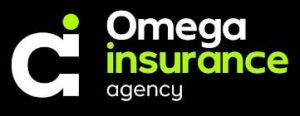Truckers need to insure both their vehicles and the business liabilities they assume. Therefore, they will need several types of coverage within their trucking plan:
- Physical Damage Insurance: This will pay for damage to your truck and trailer following collisions or other accidents.
- Non-owned Trailer Physical Damage Coverage: If you own your cab but not your trailer, you will likely have to insure the trailer separately.
- Motor Truck Cargo Insurance: As a subset of inland marine insurance, cargo insurance insures the items in your truck that are shipments.
- Primary Trucking Liability Insurance: Liability coverage pays for third-party injuries or property damage because a wreck is your fault. Primary coverage pays for at-fault accidents that occur while you are on dispatch.
- Non-Trucking Liability Insurance: When you drive your truck for personal or non-business purposes, you can extend your liability coverage during this time.
- Trucking General Liability Insurance: During times of loading, unloading, or other activities involving a parked truck, this coverage can apply. It will pay for third-party property damage or bodily injuries.
- Bobtail Liability Coverage: If you are driving without a trailer or an empty trailer (even on dispatch), this liability coverage will apply.
- Environmental Liability Coverage: Truckers who haul hazardous materials or contaminants will need this coverage. It can help you clean up the damage and pay other costs resulting from spills and other accidents.
A full-time trucker will also likely qualify for worker’s compensation coverage if they get hurt in a wreck on the job. But, again, talk to your agent about the best way to tweak your plan to your benefit.



